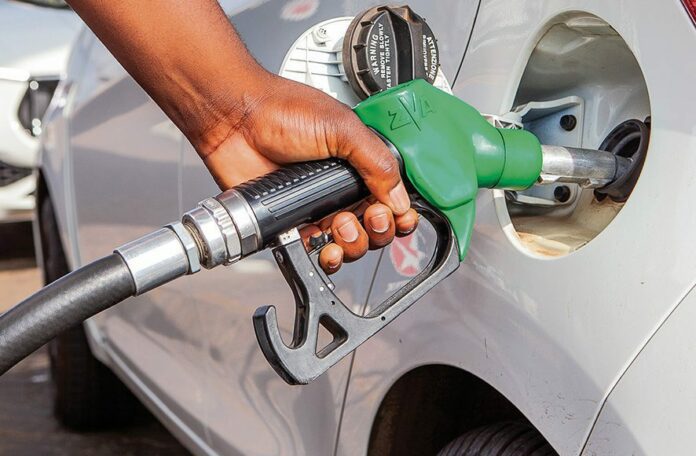The reduction in the fuel price is always a good move for transporters, as this has a positive impact on the revenue streams for operations, according to Road Freight Association (RFA).
This after the Department of Mineral Resources and Energy published the official fuel price adjustments for June, indicating that motorists can expect a huge relief at the pumps.
On Tuesday midnight, petrol prices are expected to drop by 71 cents per litre, while diesel will decrease by between 80c and 84c per litre.
The price of diesel (0.05% sulphur) falls by 84c per litre while diesel with 0.005% sulphur will go down by 80c per litre.
Gavin Kelly, CEO at RFA, said every time there is a decrease in the price of fuel, depending on the type of operation, the cost per kilometre per kilogram to transport goods reduces.
“The decrease on fuel costs allows a better margin and refurbishment of equipment to be steady while building reserves to deal with larger operational needs [equipment replacement, maintenance, driver upskilling],” said Kelly.
“It is also true that lower transport costs through lower fuel input prices will translate into lower retail transport and storage costs, the consumers will benefit.”
He revealed that the pressure on the basket of goods used to calculate inflationary pressures will decrease, including the direct fuel cost, as well as the resultant knock-on effects at manufacturing and distribution.
“In the long term, if the decreases continue, there will be relief on all commodities in the supply chain, and relief for consumers.
“Hopefully, the upwards inflation pressure will now begin to ease, making life that much easier for everyone concerned.”
Follow @SundayWorldZA on Twitter and @sundayworldza on Instagram, or like our Facebook Page, Sunday World, by clicking here for the latest breaking news in South Africa.



